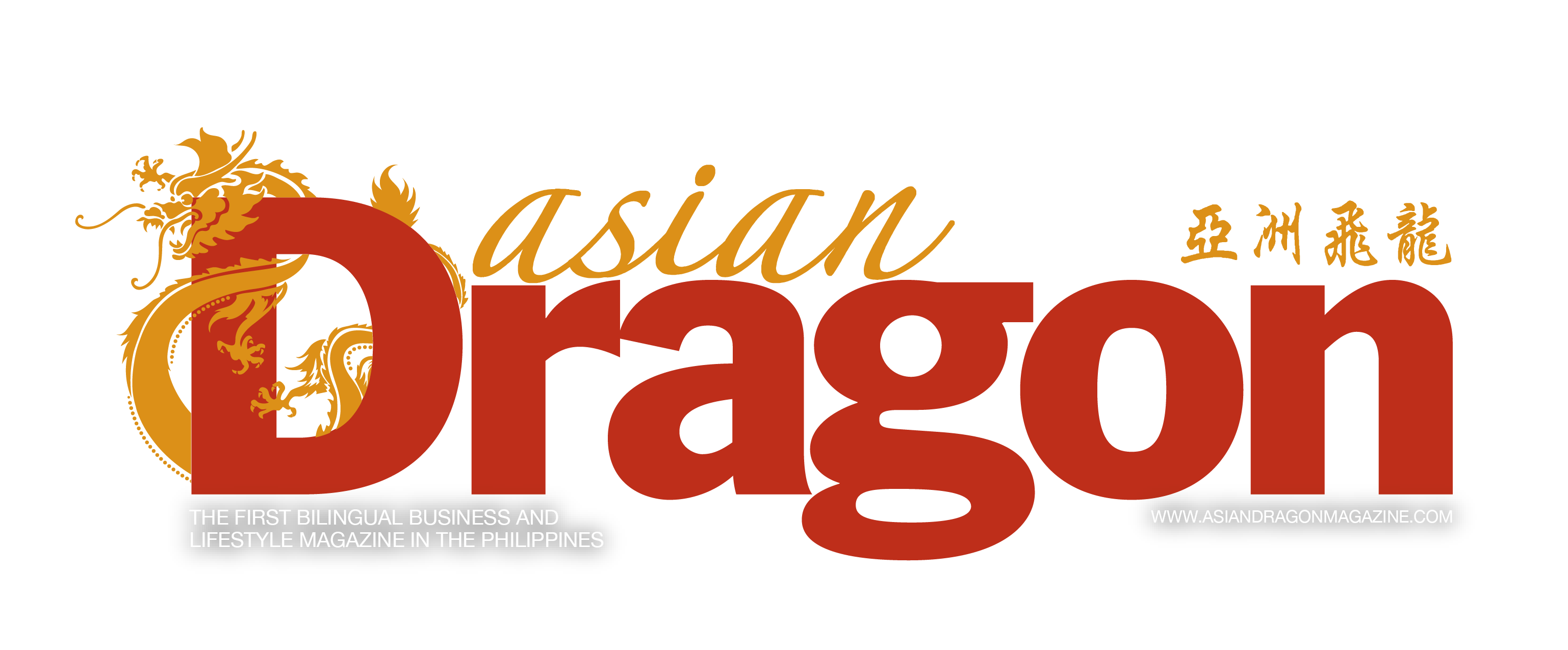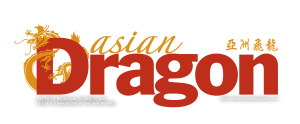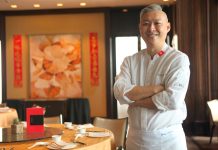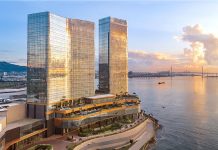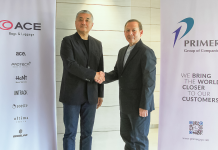One of the most notable dents that the pandemic has made to society is the economic fallout. While businesses continue to drop off the grid and countries move slowly due to quarantine measures, the world is challenged with a new Covid-19 strain that poses more serious risks.
According to the economic update of the World Bank last December 2020, “the pandemic and natural disasters have threatened to reverse the trend of a steady decline in poverty in recent years — Sustained improvements in managing the pandemic and a possible rebound in the global economy, however, can help the country recover in 2021 and 2022.”
This shift does not only affect ordinary Filipinos, but also ultra-high net worth individuals (UHNWIs). This is a labeled group consisting of people quoted in terms of liquid assets based on a standard figure, with investable assets, and having control over the amount of global wealth.
At the start of 2020, UHNWIs were hoping for more growth, this was until COVID-19 came.
Even the world’s wealthiest weren’t exempted from the impact of the pandemic, according to Forbes’ 2020 billionaires list. When they finalized the list last March, they concluded that the world’s billionaires were worth “$8 trillion, down $700 billion from 2019.”
With this, Lombard Odier Asia and Union Bank of the Philippines Private Banking have worked closely together to conduct a study focused on UHNWIs here in the country and around Asia. This is to better understand how Filipino and Asian UHNWIs perceive the impact the current environment has had on their lives, families and businesses, and what they think the post-COVID-19 pandemic future will look like.

One common variable that truly stands out from the study is the stress on the advancement of technology and its role in the future.
Participants of the study think that there will be more digital, less physical human interactions following the pandemic. However, many of them highlighted the importance of in person meetings, with the human experience arguably valued more now than it has ever been. There may also be a trade-off between limiting office presence and reducing related costs, and losing the intangible asset created through the physical interaction of employees.
This digital interaction also extends to the wider access of education despite the relationship between technology and equality being complex and multi-faceted. With the increasing inequalities that will likely continue in the post-COVID-19 world, many participants responded with hope that developments in technology could help to close the gap, with IT infrastructure upgrades.
Another insight noted was a bank’s degree of digitalization will matter going forward, which speaks to UHNWIs’ desire for banks to offer IT-related banking services and new ways of communicating as next steps in the evolution of banking.
“The disruptions and impact of the pandemic have forced leading families and entrepreneurs in the region to rethink everything — not only on the way they are driving their businesses, but also on which values they are willing to drive their life,” commented Limited Partner and CEO Vincent Magnenat of Lombard Odier Asia.
Image from www.pexels.com
Asian Dragon Magazine is a prestigious business and lifestyle publication that caters to the respected elite in our society today, presenting the efforts and achievements of the Filipino-Chinese community as well as the mainstream business community in the development of our nation. You may order the physical copy of the magazine on Facebook and Lazada, or download the digital copy from Magzter.
